Some hiring managers prioritize hiring winemaking crewmembers who possess either an extensive background in wine or a formal education in enology or viticulture.
But for some, these attributes fall in the “nice-to-have” category rather than being regarded as compulsory, with teachability and character holding far more weight.
In regions like Texas which are relatively “young” when it comes to winemaking, concessions must be made at some positions noted Roxanne Myers, President of Lost Oak Winery in North Texas.
“It’s very interesting. In Texas, it’s a young industry. You need a winemaker that has experience, and you need a winemaker who knows what they’re doing. But for a junior winemaker, I don’t value experience as much as teachability,” Myers said. “Our assistant winemaker, I put her through a viticulture and oenology course, so now she has the education, but she also has on-the-job training.
“I’m going to send her to the southern hemisphere to add another harvest under her belt — hopefully South Africa or South America — so we can get her trained quicker. I’m also going to send her to Napa Valley for a harvest, so she can get that extra training under her belt. Because you only get one shot each year in your own winery, so that’s really important.”
On-the-job training is valuable for getting entry-level employees rolling, Myers said. The winery recently hired a cellar assistant to assist the winemakers.
“The cellar assistant hasn’t taken coursework yet — she’s just been hired — so she’s just getting on-the-job training. How does the equipment work? How do you maintain the equipment? What’s a clean hose? Are the floors clean? How do you top off a barrel? Are we measuring sulfides? So she’s doing a lot of on-the-job training. And she’s very teachable. So that’s great,” Myers said.
In Sonoma County, Kivelstadt Cellars is a smaller California winery with an on-site restaurant and Winemaker Sam Baron describes work there as a constant state of problem-solving.
A UC Davis grad, Baron admits he prefers enthusiasm and problem-solving skills to a formal education for his crew.
“People who think quickly on their feet are much more valuable than somebody who understands wine chemistry and plant pathology,” Davis said. “Of course understanding those are important as you rise up the ranks, but working effectively with a team is much more important at the entry level. It’s extremely important to maintain and groom people in leadership roles, but of course, it doesn’t take a master’s degree to punch down fermentations and clean tanks.
“I know many people who entered the industry without a formal education that are some of the most impressive producers around.”
Formal education and the finances around those institutions also differentiate based on means and upbringing, Baron noted.
“Many of the most intelligent winery workers that I have learned from immensely don’t have an elementary school education, but have proven themselves time and time again to be brilliant,” he said.

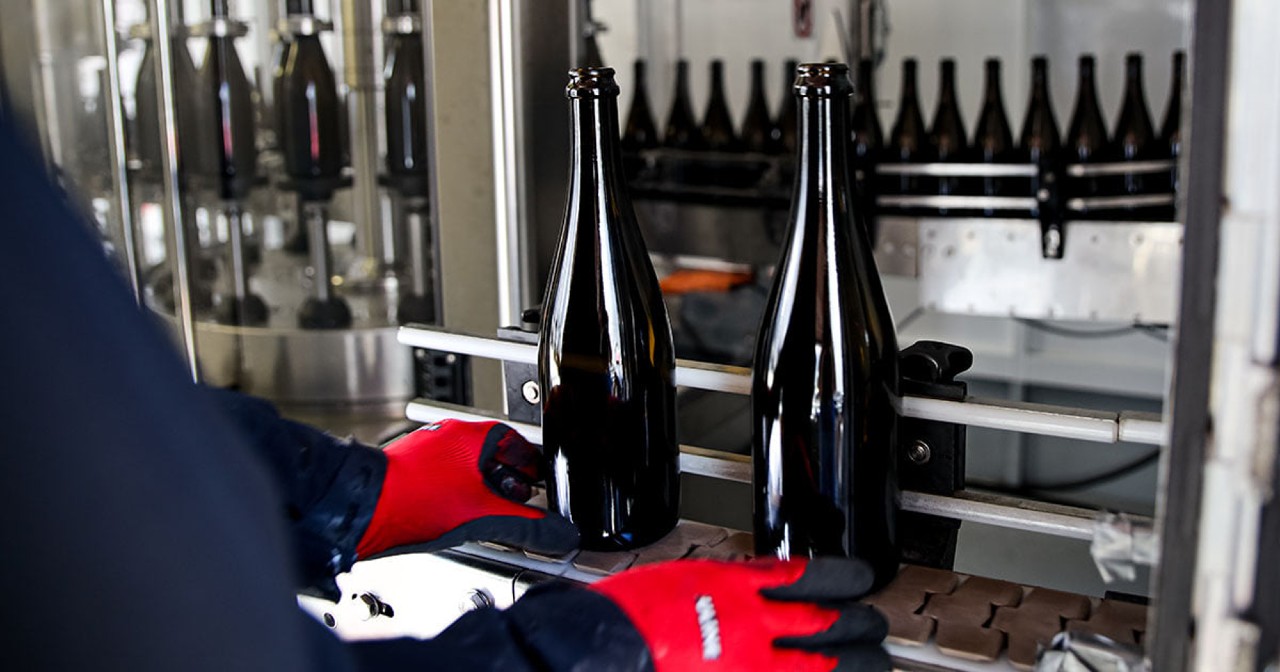
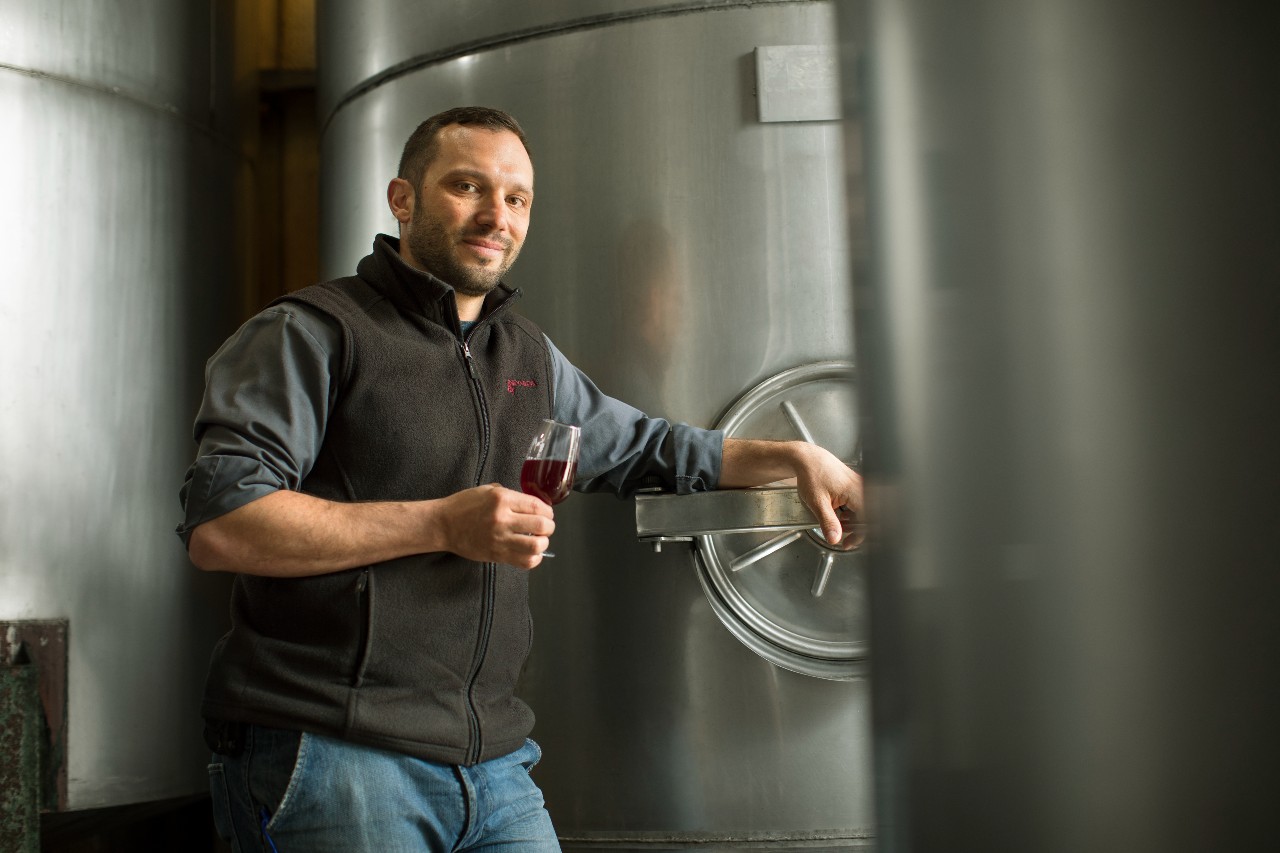
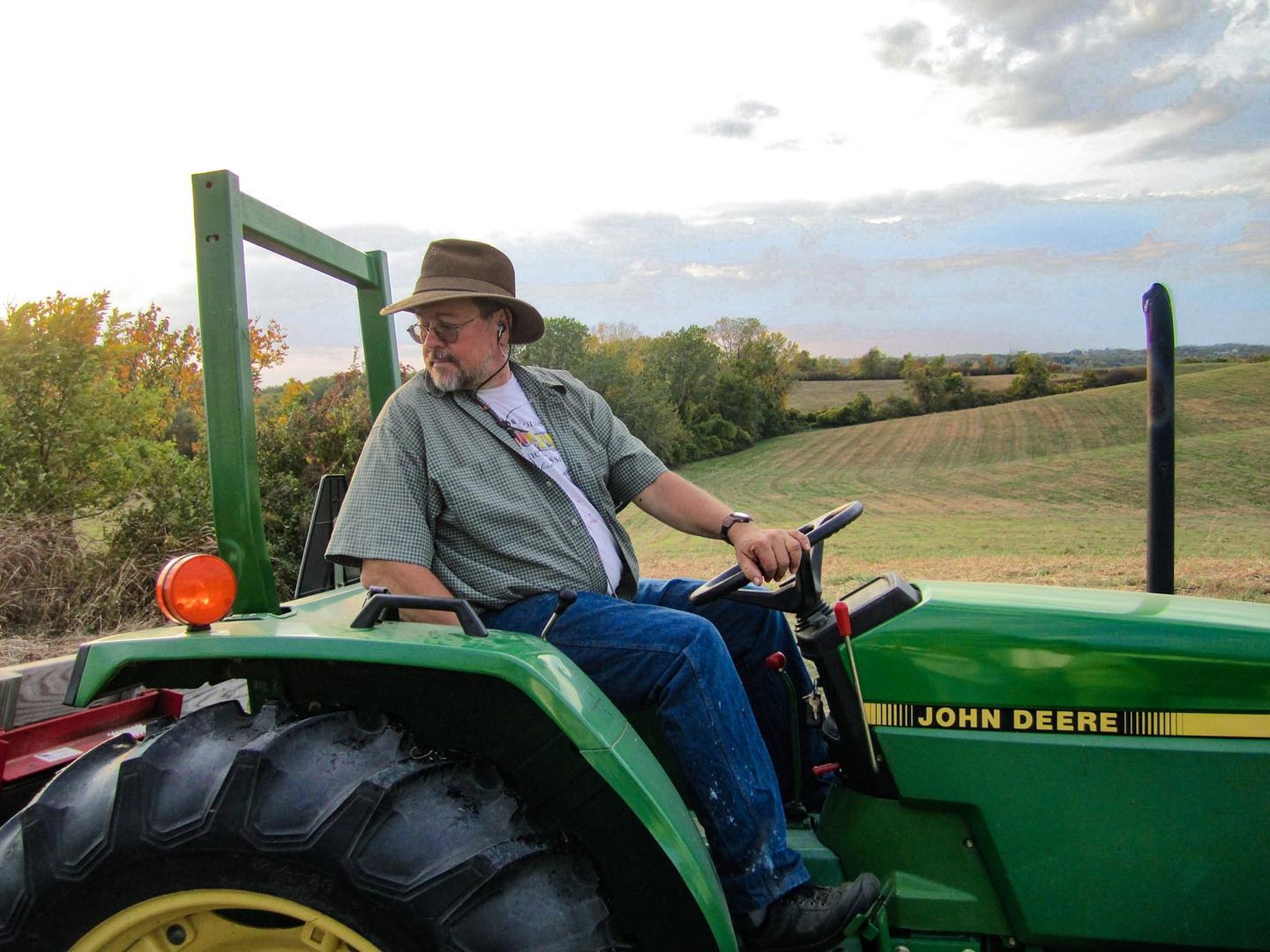
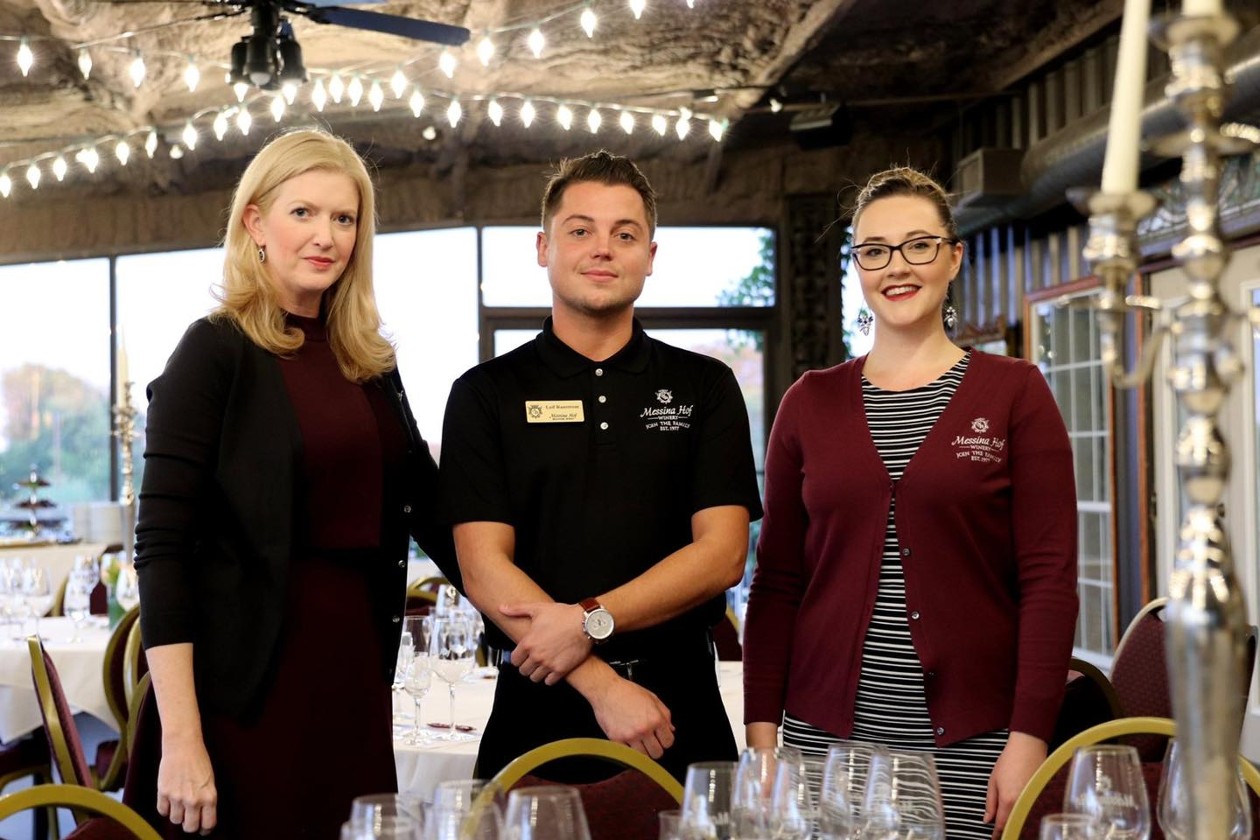
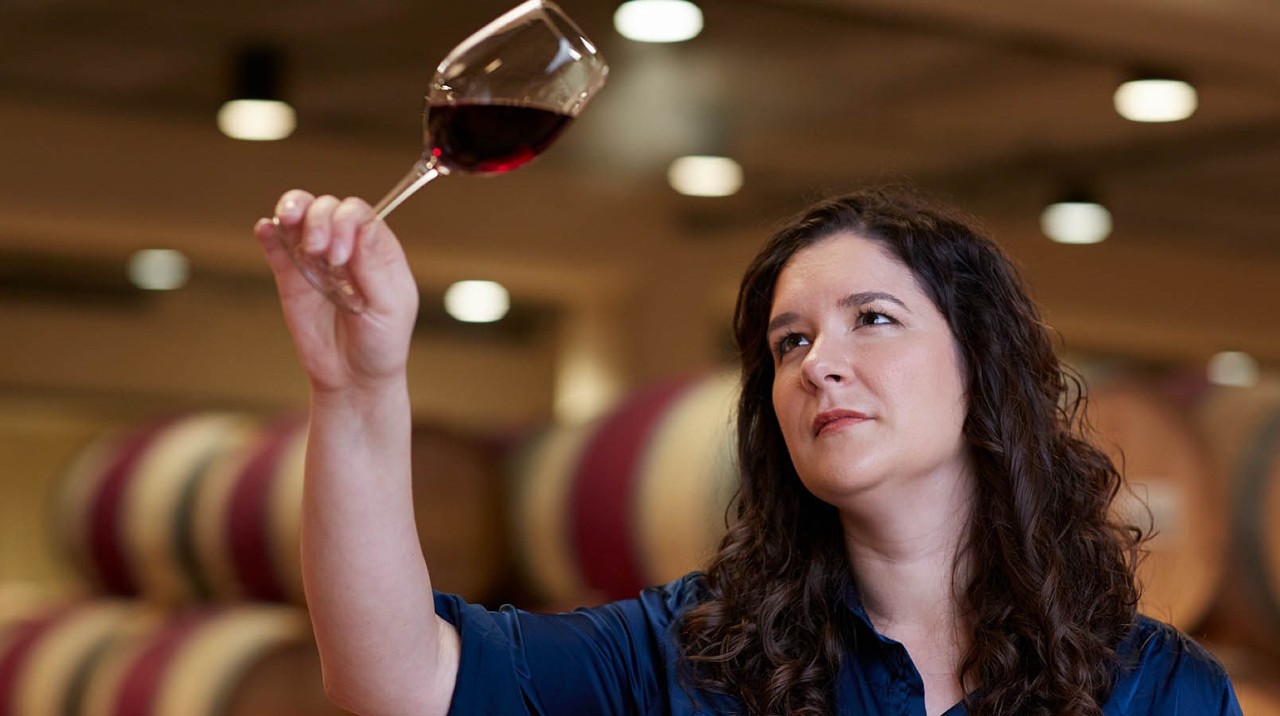


Be the first to comment